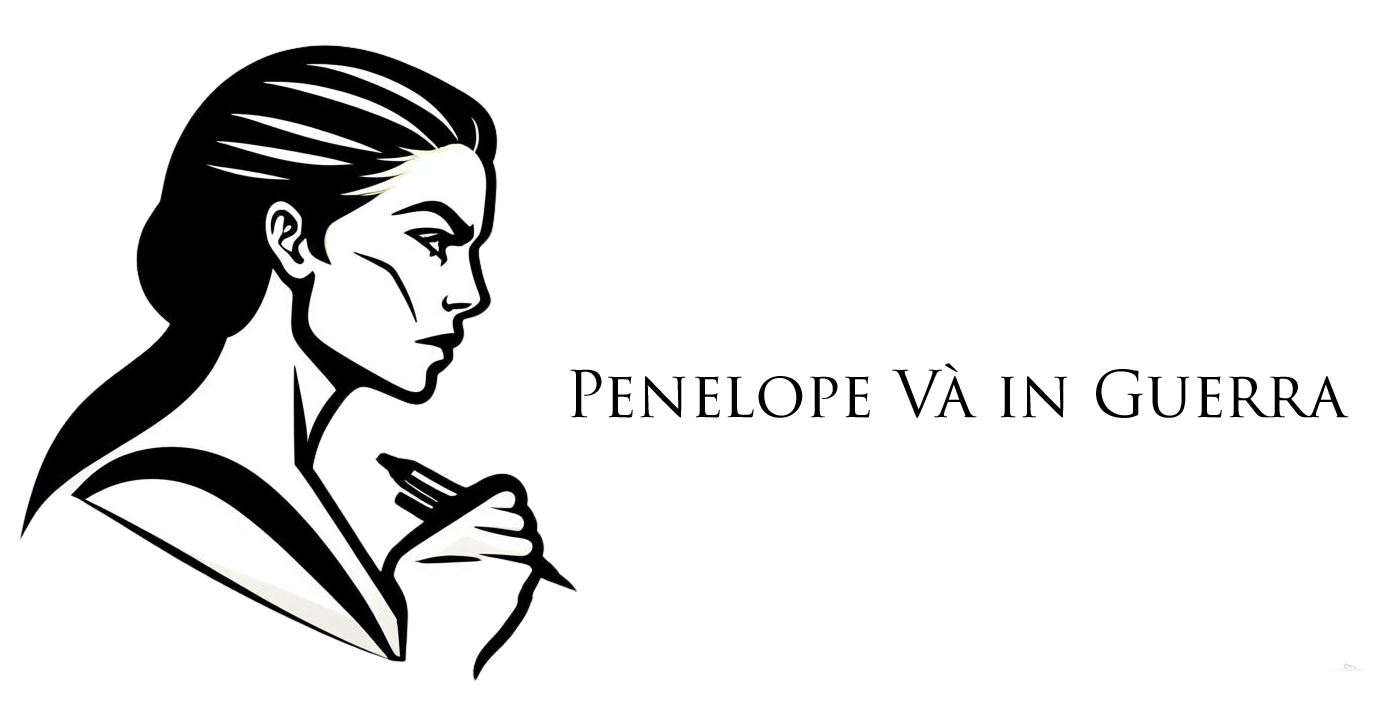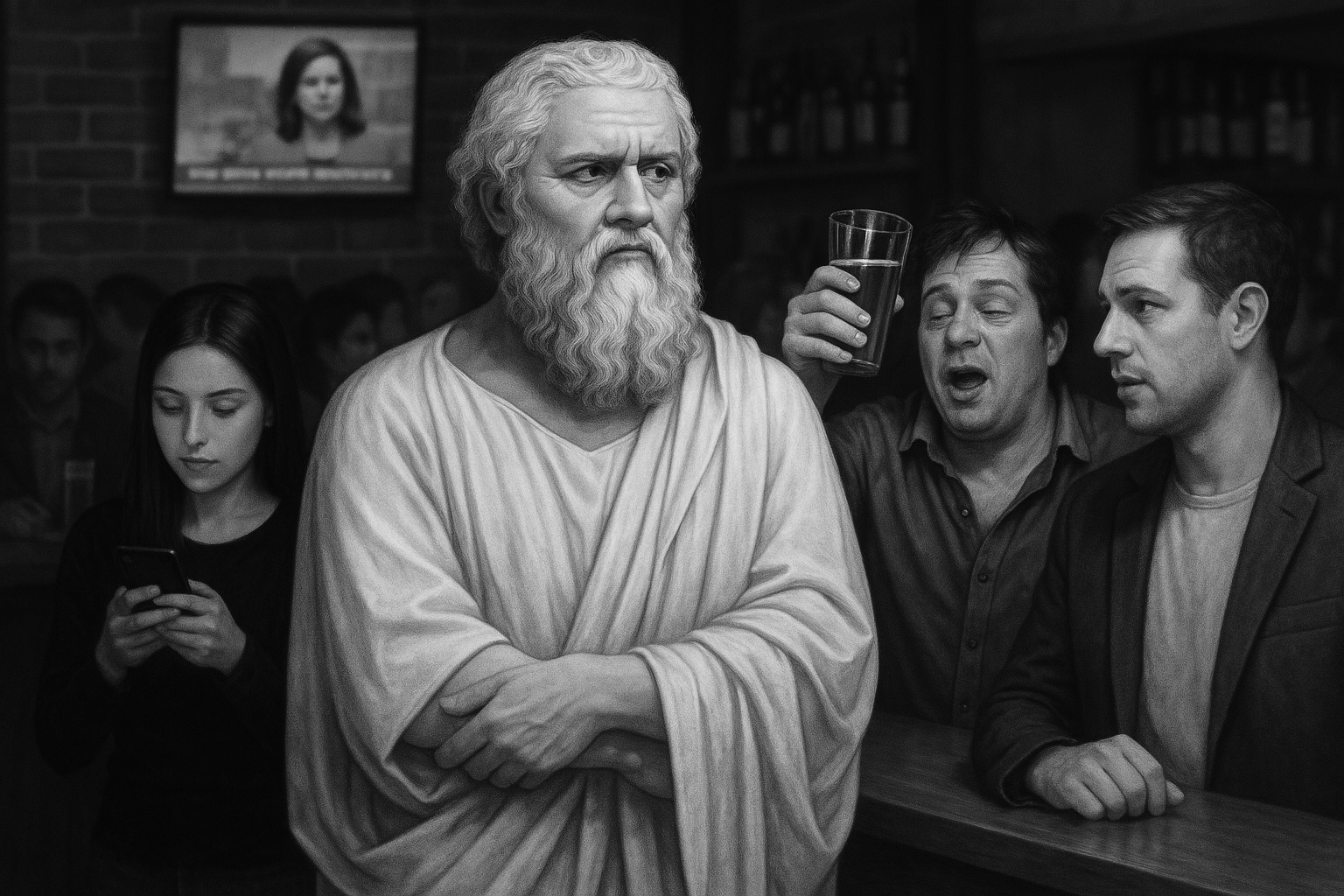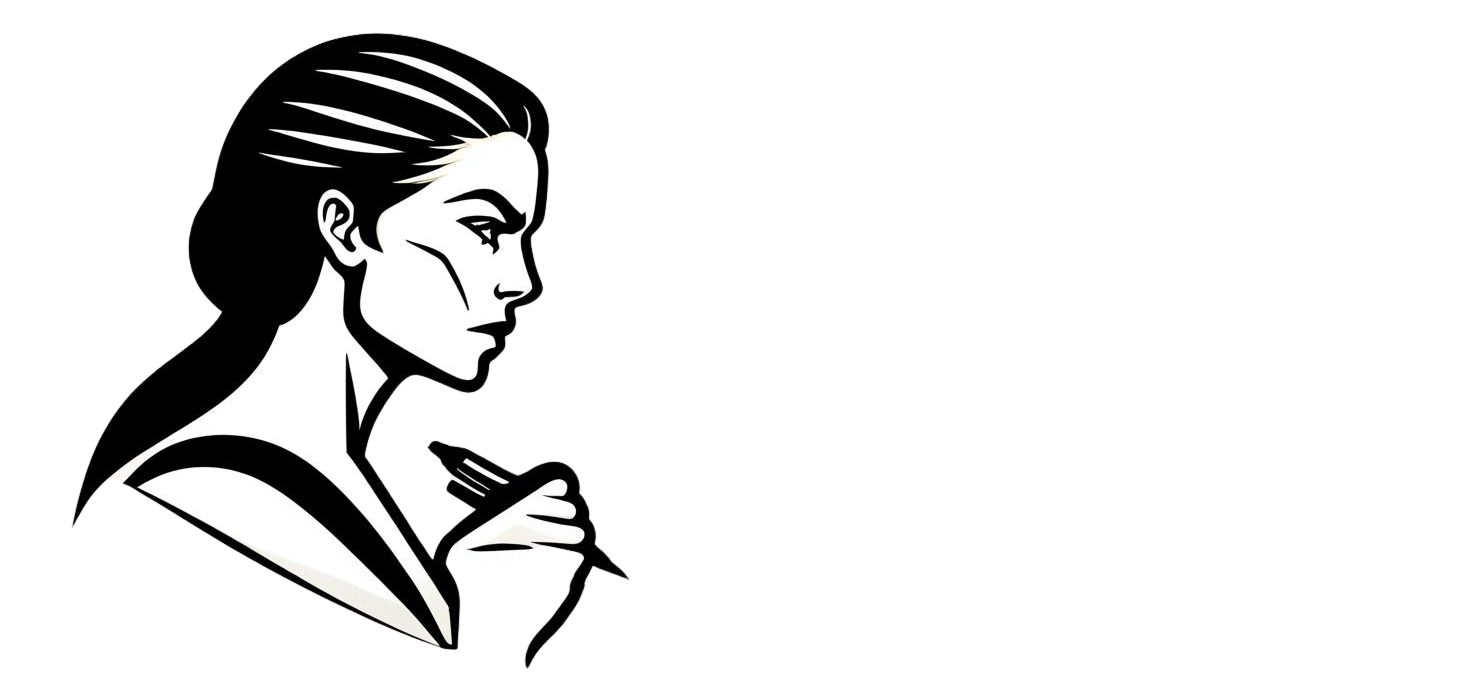Have you ever tried talking to a drunk person? They seem free, loose, and honest, but in reality, they’re very confused, and you can’t really reason with them.
Plato compares drunkenness from wine to the intoxication of too much freedom, and the cupbearers who pour the wine to the rulers who fail to place limits on it.
But what happens when a people becomes “drunk” with freedom? What did Plato really mean by this analogy?
In The Republic, Book VIII, there’s a powerful passage that says:
“When a people, consumed by a thirst for freedom, finds itself ruled by cupbearers who pour it out to excess, to the point of intoxication, then, when rulers resist the increasingly demanding people, they are called tyrants.
The one who shows discipline toward authority is called weak, a servant;
the father, fearful, treats his son as an equal and is no longer respected;
the teacher doesn’t dare correct students, and they mock him;
the young demand the same rights and respect as the old, and the elders, afraid of seeming too strict, give in.
In this climate of liberty, in the name of liberty, no one respects anyone anymore.
And in the midst of this lawlessness, a wicked seed grows: tyranny.”
Plato writes this because he has a very precise idea of how a state should be governed: we are not all equal. Only a few people, “philosophers”, are capable of reasoning rationally and selflessly. Most people act on emotion, are easily manipulated by entertainment and desire. Since they can’t think in an “evolved” way, they need to be guided by philosophers, those who should rule.
So, he assumes that most people cannot self-govern. The people are like children, and their freedom must be carefully rationed by an external authority, otherwise chaos erupts and social roles blur.
When roles blur, a father can’t guide his son anymore, a teacher isn’t taken seriously, and for fear of being judged, no longer corrects his students. A young person demands to be treated like an elder with more experience, and the elder, not wanting to seem outdated, gives in.
This disorder leaves people tired, confused, and desperate for someone strong to take control, and this is how tyranny is born.
The conclusion?
Unlimited freedom, handed to those who don’t know how to manage it, destroys itself.
It seems like we’re living in the final chapter of this story: confused, tired, and afraid, people are electing leaders who look more like tyrants than democratic guides. What’s even more worrying is that this is happening globally, from America to “democratic” Europe, far-right governments are rising again.
Democracy isn’t working.
But let’s look at Plato’s reasoning from a more critical and modern perspective.
Are people really children, incapable of making decisions for themselves? Is a collective political maturity impossible?
Unfortunately, if we look at the facts, it’s hard not to agree with him.
But I like to think we simply got it wrong, again.
Maybe democracy didn’t fail because people are stupid or lazy, but because we failed to do it right.
Democracy only works when people are well-informed, when they have the tools to understand what’s going on around them, so they can make clear decisions about what’s best for everyone.
It’s comforting to think of democracy as a place where we learn, but then I look around and I think:
“The people” live heavy lives. They have to make ends meet, pay bills, handle relationship issues, cook, work eight hours a day, care for children, run from one thing to the next.
On top of that, the information around us is manipulated. To sort through fake news and propaganda, you need to dig and use a lot of energy, an energy we don’t have, because we’re too busy just trying to survive in a world that, at its core, works against our nature.
Clearly, we’ve made some mistakes. But if too much freedom makes us dizzy, maybe the solution isn’t to start banning it, but to learn how to handle it better.
We don’t need authoritarian figures telling us what to do from above.
We need, as Gramsci would say, organic intellectuals, people who listen to the people from below, understand them, and help them think more clearly.
Because freedom isn’t about drinking whatever you want. It’s about knowing when it’s time to drink just water.


